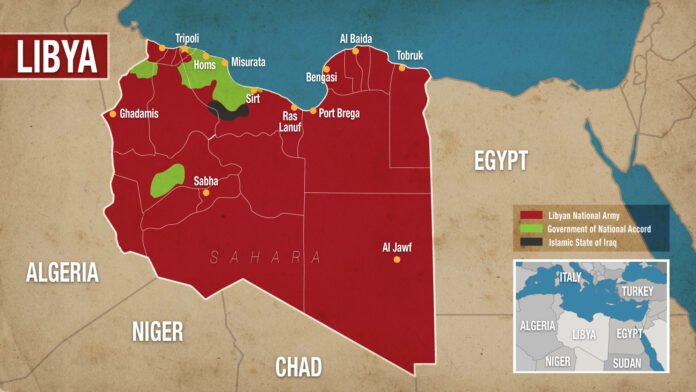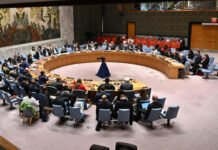Despite the progress made in establishing a constitutional and legal framework for elections in Libya, significant hurdles remain as key institutional stakeholders show reluctance in resolving politically contested issues. This was highlighted by Abdoulaye Bathily, Special Representative for Libya and Head of the United Nations Support Mission in Libya (UNSMIL), during a recent address to the Security Council.
Thirteen years after the 2011 revolution, the Libyan people are still waiting for their aspirations of sustainable peace and democracy to be realized. Bathily emphasized that a political settlement between the key institutional stakeholders is crucial to overcome the obstacles that prevented elections from taking place in 2021.
The involvement of the Security Council and the international community, particularly Libya’s regional partners, is essential in urging the parties to engage constructively in the resolution process. Bathily stressed the importance of increasing synergies between the political and national reconciliation aspects to pave the way for successful elections.
While there were no reported violations of the agreement for a complete and permanent ceasefire in Libya during the reporting period, progress on the withdrawal of military units and armed groups from all lines of contact has been hindered by the political stalemate. The return of hundreds of Chadian mercenaries and foreign fighters from Libya to Chad in January 2024 was a positive development, but the overall security situation in southern Libya remains alarming due to the ongoing crises in Sudan and the Sahel region.
In Tripoli, rivalries between security actors vying for territorial control over strategic areas continue to pose a threat to the fragile security of the capital. Bathily expressed concern over the suspension of operations and closure of 11 field offices of Libya’s High National Elections Commission in areas under the administration of the House of Representatives-appointed “government.” Such interference in the operations of a sovereign institution is deemed unacceptable.
Another cause for worry is the recent draft of a national reconciliation law that appears to bypass the Presidential Council by establishing a new mechanism for reconciliation. Bathily emphasized that this draft lacks guarantees to preserve fundamental rights such as truth, justice, reparations, and non-repetition.
The Chair of the Security Council Committee established pursuant to resolution 1970 (2011) concerning Libya, Yamazaki Kazuyuki (Japan), presented a report covering the period from 19 December 2023 to 15 February 2024. The report highlighted the assets freeze, with no negative decisions taken by the Committee in relation to three notifications received. Additionally, one delisting request was granted by the Committee regarding the travel ban. The Committee also discussed the work plan and priorities of the Panel of Experts, including its upcoming visit to Libya.
In conclusion, while progress has been made in establishing the constitutional and legal framework for elections in Libya, significant challenges persist. The resolution of politically contested issues, increased synergies between the political and national reconciliation aspects, and the support of the international community are crucial to pave the way for successful elections and the realization of sustainable peace and democracy in Libya.





